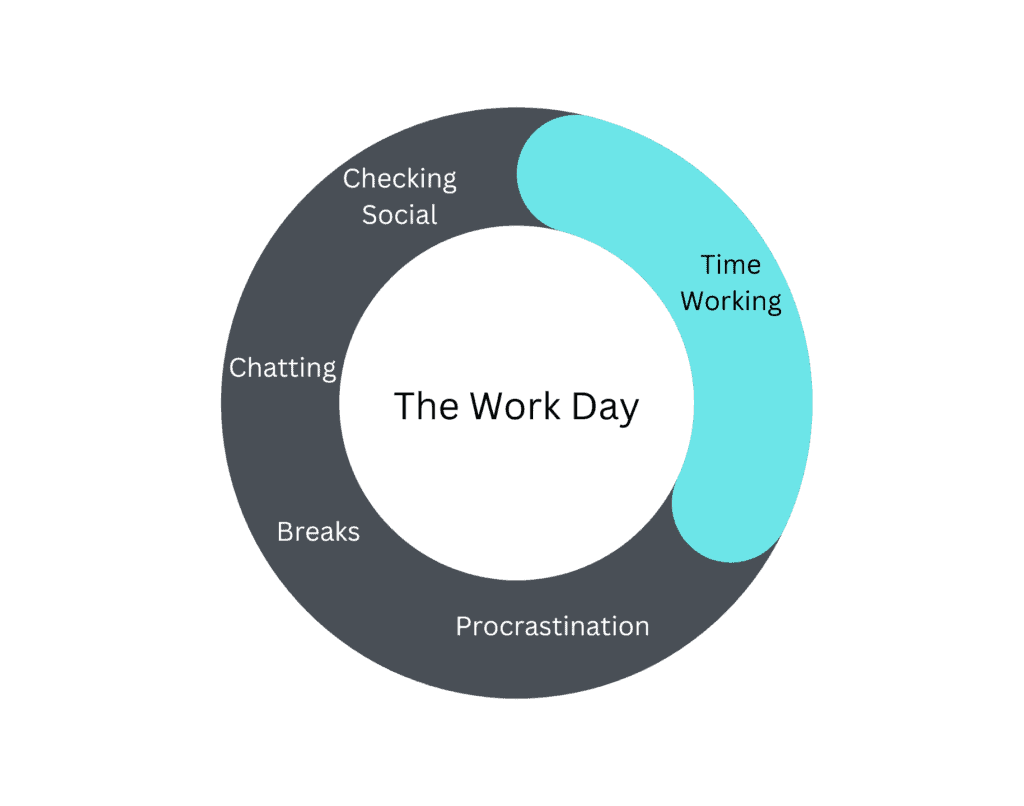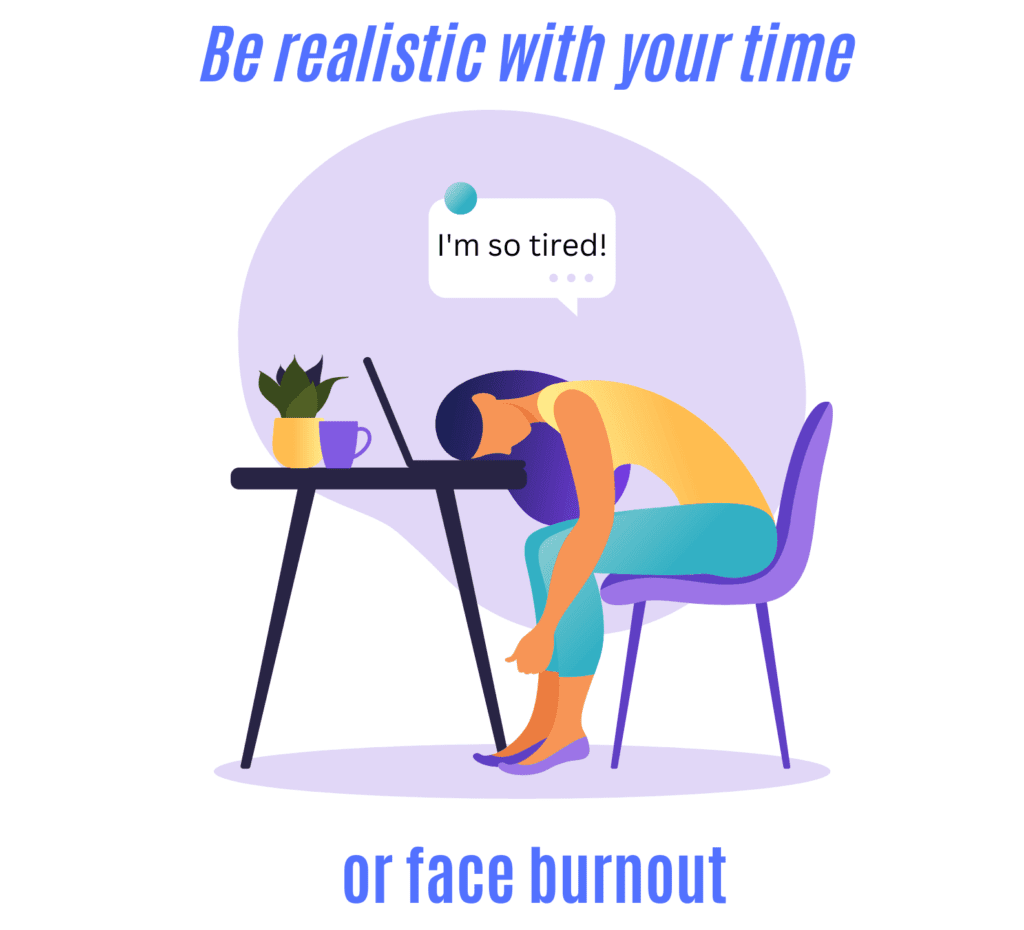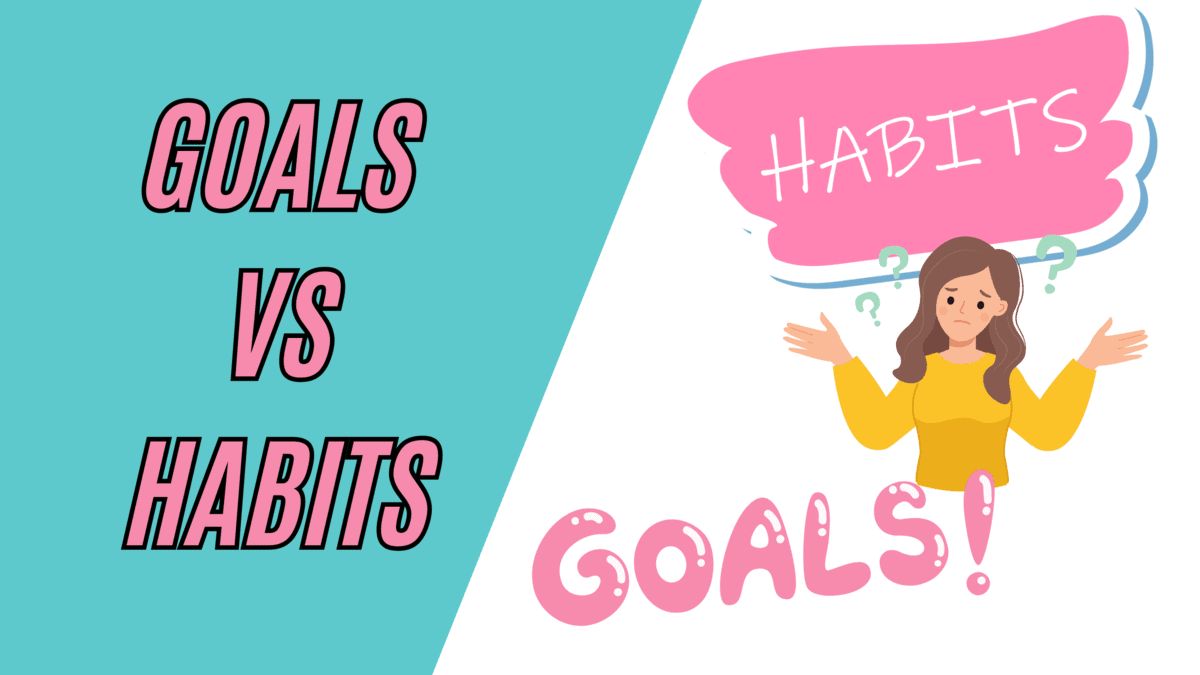Whenever you start anything new, you’re bound to make mistakes – and if you don’t then you’re probably a robot and this article is only for humans.
I’m nearly 3 years into freelancing at this point and I’m still making mistakes. I’m ok admitting that.
But when I look back on some of the biggies…they literally make me cringe so intensely.
So that’s why you should keep reading, to at least partially avoid that intense cringe when you’re looking back on your time as a new freelancer (because I can’t make any promises that you’ll avoid every single cringe-inducing mistake but you can at least avoid these ones).
So here goes – the 9 biggest mistakes new freelancers make and how you can avoid them:
1. Filling Your Calendar to the Max
How long has the 40-hour work week been a thing?
Too long in my opinion.
It’s outdated and was designed when the working party had a lovely wife waiting at home to cook and clean for them – essentially it was designed to be the person’s only responsibility. And yet, here you are trying to pack your calendar to work every single minute of that 40-hour work week, clean your house, go to the gym, and kid yourself you still have a social life.
Sound familiar?
I don’t know a freelancer who didn’t try to do that when they were starting out. But remember, the average office worker only actually works for 3 hours a day. That’s 15 hours of actual work every week – which sounds way more achievable than chaining yourself to your desk.

That means as a freelancer, you need to learn to be realistic with your time or you’ll burn out.
Just because you’re desperate to build a portfolio, it doesn’t mean you have to work with every weird, demanding, and cheap client that comes your way. It’s OK to be selective and it’s ok to prioritize time for doing things other than work.
Avoid common productivity pitfalls by implementing the Flowtime Technique for a personalized and adaptable approach to time management.
2. Neglecting the Power of Building a Network
Guilty parties raise your hand…
A network is a seriously powerful thing, especially when you’re starting out in business.
Starting out on your own can be lonely. So having a network of people to turn to when you have a pricing question, are struggling to handle a difficult client, or just need to vent about a tough day, is invaluable. Not to mention that network could eventually throw some work your way too.
The problem with networking is that when you’re frantically trying to fill your calendar with revenue-generating work, it’s easy to neglect setting time aside for anything that isn’t immediately making you money. But, you have to remember that not only will you create a support system around you, but in the long run, more work and more quality work will come from building a strong network.
So, I challenge you to try one of these ways to build your network:
- Attend a networking event, either in person or online
- Join a Facebook group for professionals in your niche and post an introduction about yourself
- Send 10 LinkedIn connection requests to people in your niche
3. Not Being Your Own Client
Neglecting your network leads me very nicely to the next biggest mistake – not making time for any other non-immediate revenue-generating tasks. These can be anything from learning and taking courses to creating blog and social media content to promote your business.
You need to be your own client.
That means blocking out time on your calendar or adding to your to-do list (however you like to manage your time as a freelancer) to work on your business, not just on client work. And that’s every single week – not just a one-off.
Treat your own business with the respect and care that you treat your clients’ businesses.
4. Not Raising Your Rates Soon Enough
Raising your rates is scary. Some clients won’t be able to afford them. Some won’t fully understand the value of your work. Some are only interested in getting it done as cheaply as possible. Those are exactly the clients you want to weed out.
You want clients who value your work, have good budgets and are interested in more than just how much it costs.
So, don’t be scared to increase your rates regularly. For one thing, inflation is HIGH right now so if you’re not increasing your rates you’re literally doing the same work for less.
And remember, the worst that can happen is that the client pushes back. If you really want to work with them then you can come to a concession, but don’t just arbitrarily drop your price. Talk to them about how you can reduce the scope of the work to pull it into their budget right now.
5. Treating It Like a Hobby, Not a Business
So you started this thing as a side hustle, but now you have to decide whether you want to build a successful business or not.
If you want it to be a hobby and a side project then great, keep it that way. But freelancers who have goals like quitting their full-time job or replacing their existing income have to take this thing seriously and treat it like a real business.
That means putting time aside to strategize how you’ll market yourself, defining your processes, working on business development, doing your accounts – and everything else that a real business owner does. That’s the only way you can sustainably grow.
6. Forgetting About Taxes
No one wants to do their taxes and let’s be honest, actually paying them is even less fun. But they’re a necessary evil.
If you’re treating all of the money you earn as a freelancer like it’s your money, then you’re going to get a big shock when tax season rolls around.
Always, always, always have a fund set aside to pay your taxes. How much you actually need depends on your country’s tax laws, whether you’re operating as a sole proprietor or an LLC (Limited Liability Company), your other forms of income, and other factors.
I recommend bringing an accountant on board early to get clear on how to record all of your income and expenses and what to do at the end of the tax year.
7. Letting Clients Overstep Boundaries

This one was a biggie for me.
Especially if you’re transitioning from being a full-time corporate employee, the mindset shift you need to make here can be tough.
You’re not an employee and you have to set appropriate boundaries so your clients know that.
The right boundaries are different for every freelancer and really depend on what you’re comfortable with. You might love becoming an active part of your client’s team or you might prefer to stand back a bit more and act as a consultant.
For us, it’s somewhere in the middle. We want to be able to call on the relevant people in the team we need to speak to in order to do our job well but have to set the boundary that we’re not employees. We won’t be responding to emails 24/7 or jumping on calls out of the blue. We expect clients to respect our time and we will respect theirs.
If you’re feeling overwhelmed with your email inbox – take a look at our full guide on The Inbox Zero Method.
That’s a boundary that has taken literally years to get right – because sometimes it is easy to be flexible “just this once” and do some work that isn’t strictly what you do or get on that call at 9 pm because the client believes they have to speak to you immediately. But don’t blur your boundaries because you’re scared of losing them.
They need your expertise and a good client will respect your work process.
Always saying yes to last-minute or out-of-hours meetings and requests kill your productivity and means you’re working on their schedule. Remember you’re a business owner, not an employee.
New freelancers often assume the client knows what they’re doing and how to work with a freelancer. But that’s often not the case and we learned that the hard way. Clients are actually often clueless about how to effectively work with a freelancer.
And the only person that can educate them and set your boundaries – is you.
8. Not Getting It in Writing
Never start work without a contract in place.
A contract is there to protect you. By getting a clear agreement from both sides on the exact scope of the work, the terms of your work, and payment terms, both you and the client know exactly where you stand and what to expect from the process.
Without it, you don’t have a leg to stand on if a client ghosts you when it comes time to pay up or they try to change the scope of work halfway through the project.
Eventually, you’ll want to speak to an attorney and have them review your contract to make sure it’s airtight and legally binding, but that costs money. So in the meantime, you can find contract templates online that will serve you just fine until you have the funds to speak with an attorney.
Not only are you legally protecting yourself, but you’re also presenting a much more professional front to your clients.
9. Losing Your Work-Life Balance
Finally, so many new freelancers get lost in trying to get their business off the ground and neglect other aspects of their life. You feel like you have to spend every single minute making this thing work and it can actually kill your productivity.
The first few months of my freelance experience are a blur. I was working full time (50+ hours a week) and freelancing on the side (20+ hours a week) so of course, everything else in my life slipped.
Looking back I was on the verge of burnout for a really long time, and that’s what eventually drove me to make the jump into freelancing full-time.

Try setting some personal boundaries with a To-Don’t List.
Don’t get me wrong, starting a business takes some serious hustle.
But going to the gym, seeing friends or family, taking yourself out on solo dates, whatever it may be that makes you happy and fulfilled – these things are so important too.
You can check out our full blog post on why we think hustle culture is so toxic for more on how we’ve learned to find more balance in our business.




